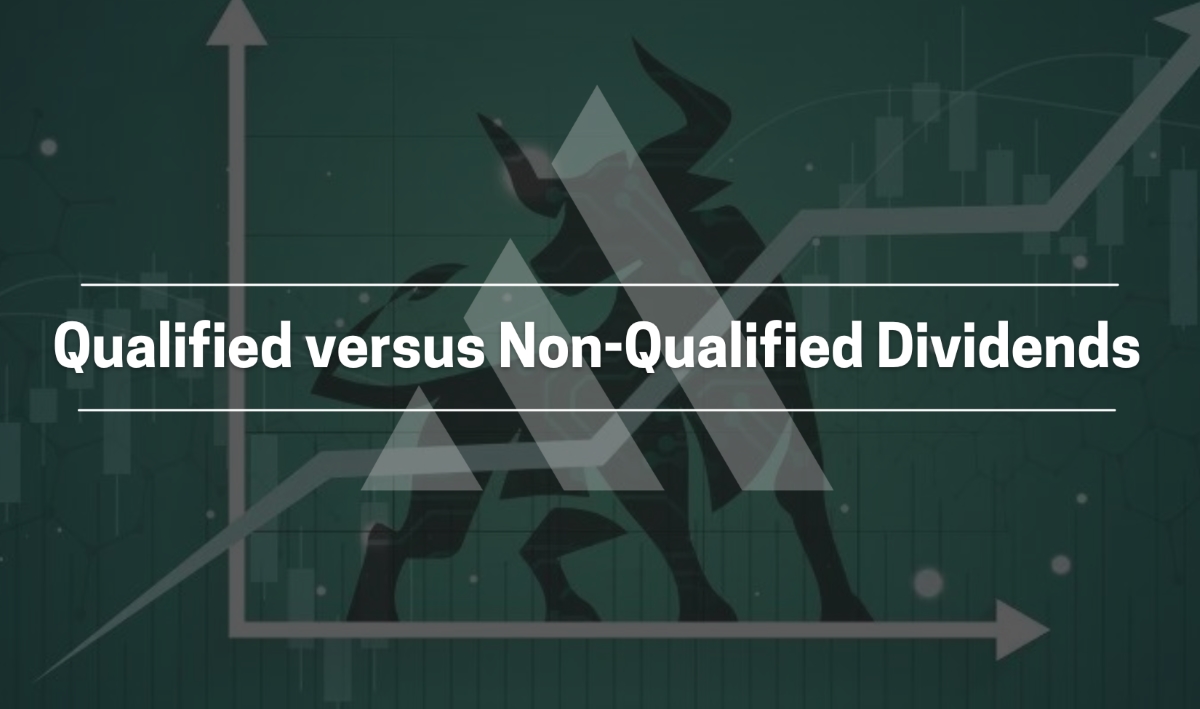

Finance
Qualifying Investment Definition
Published: January 14, 2024
Learn the meaning and criteria of qualifying investment in finance. Understand how it impacts your financial decisions and strategies.
(Many of the links in this article redirect to a specific reviewed product. Your purchase of these products through affiliate links helps to generate commission for LiveWell, at no extra cost. Learn more)
Understanding the Qualifying Investment Definition: A Guide to Financial Success
When it comes to navigating the world of finance, understanding qualifying investment is crucial. But what exactly does this term mean and how can it impact your financial goals? In this blog post, we will take a deep dive into the qualifying investment definition and its significance for investors. So, let’s get started!
Key Takeaways:
- Qualifying investment is a term used to describe investments that meet specific criteria set by regulatory bodies or financial institutions.
- Investing in qualifying investments can offer benefits such as tax advantages, eligibility for certain programs, and increased investment options.
So, what is a qualifying investment? Put simply, a qualifying investment refers to an investment that meets specific requirements laid out by regulatory bodies or financial institutions. These requirements may involve factors such as the type of investment, its duration, and the amount of capital involved. The purpose of establishing qualifying investment criteria is to ensure that investors are participating in legitimate and potentially profitable opportunities while minimizing risks.
Qualifying investments can vary across different countries and financial institutions. For example, some governments may designate specific sectors or industries as qualifying investments to promote economic growth. Financial institutions, on the other hand, may define qualifying investments based on the products and services they offer. Common examples of qualifying investments include stocks, bonds, real estate, venture capital, and certain types of retirement accounts.
So, what benefits can you expect from investing in qualifying investments? Here are some key advantages to consider:
1. Tax Advantages
Investing in qualifying investments often comes with favorable tax treatment. Governments may provide incentives such as tax deductions, credits, or exemptions to encourage individuals and businesses to invest in certain sectors. By taking advantage of these tax incentives, investors can potentially reduce their overall tax liabilities and increase their net returns.
2. Eligibility for Programs
Many government programs and initiatives are designed specifically for qualifying investments. These programs may include funding opportunities, grants, or subsidies aimed at supporting businesses, innovation, or social impact. By investing in qualifying investments, you may become eligible for these programs, which can provide additional financial resources and support for your investment projects.
Keep in mind that the specific qualifying investment criteria and benefits can vary widely depending on your location and the financial institutions you work with. It’s important to thoroughly research and consult with financial advisors to understand the available options and benefits specific to your situation.
In conclusion, understanding the qualifying investment definition is essential for anyone looking to make informed financial decisions. By investing in qualifying investments, you can unlock potential tax advantages, eligibility for specialized programs, and a wider range of investment opportunities. So why wait? Take the first step towards financial success by exploring the world of qualifying investments today!














